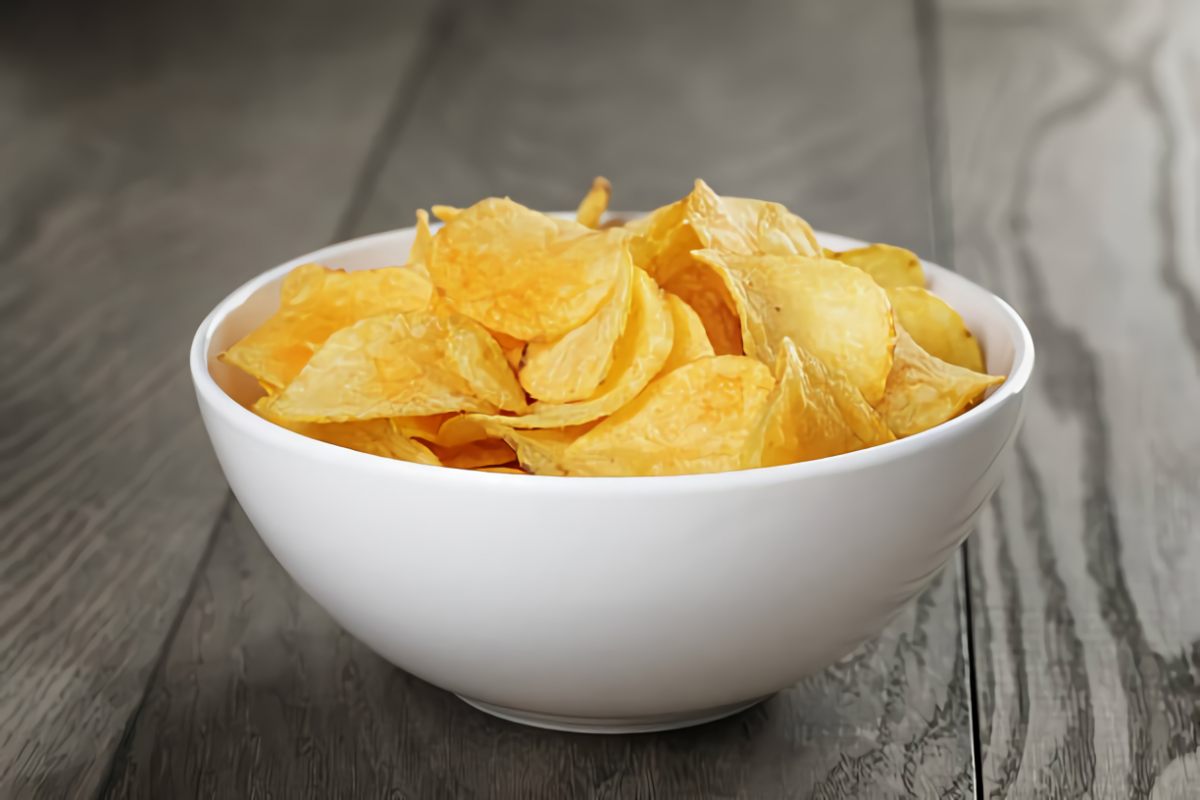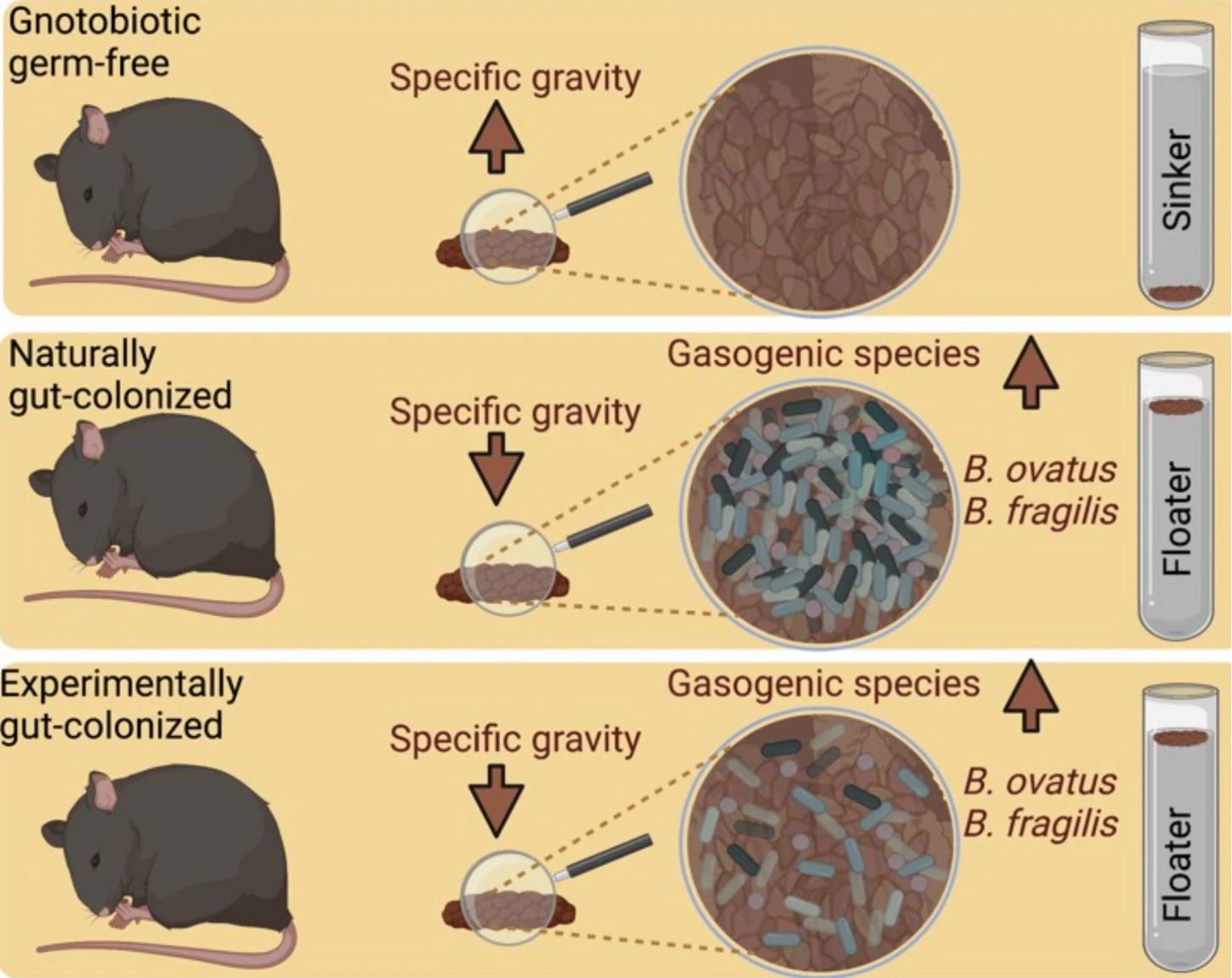When a bag of chips is opened, all the healthy intentions go out the window. Once in a great while, we control ourselves and consume just a modest amount of those fatty, salty treats. But most of the time, we just finish the whole bag in one sitting. And even in the supermarket, many people find it difficult to walk past the shelves of potato chips without putting some in the shopping cart. But why? When it comes to potato chips, why is it so hard for us to go without them, or at least limit our consumption? After all, everybody knows how caloric and unhealthy these potato chips actually are.
Your Brain Circuit and Neurotransmitters
Your insatiable need for salt in your biology could be to blame. This desire is actually similar to the need for a drink of water. The need for salt is hardwired into humans and dates back more than a hundred million years. The reasoning for this is obvious: Salt is an essential component of every living thing. However, you won’t always be able to find salt in the wild.
Therefore, our forefathers’ brains likely evolved a circuit to maximize their salt intake whenever it was available. The Scientists claim that this “salt circuit” is still functional to this day. Satisfaction-inducing neurotransmitters are produced in the brain in response to a salty diet. Like when we gulp down a drink to quench our intense thirst. The flip side of this is that it guarantees regularly experiencing an unconscious need for salt. This happens because the reward circuitry in the brain is wired to respond to the needs of our ancestors. Similar mechanisms underlie cocaine and heroin dependence.
A Dose of Salt Stimulates The Appetite For More
However, the fat content in chips contributes to their infamously addicting character. The taste for salty meals is also a holdover from our animal predecessors, as is the inclination for fatty foods: Fats are uncommon in nature yet essential for cell function, making their consumption by organisms an evolutionary necessity. High-fat meals are no longer uncommon in today’s culture, yet we still have a primal need for them.
A naturally occurring chemical in the body serves as the trigger for the craving for fatty meals. The intoxicating active component of the hemp plant is linked to these so-called endocannabinoids. Interestingly, when your tongue detects the characteristic fatty flavor, your stomach likely already produces this endocannabinoid.
That’s what the results of the rat studies the scientists conducted last year show. The endocannabinoid released in the gut starts to work even before you have finished swallowing the first potato chip. After that, it causes the stomach to produce more digestive enzymes, which makes you feel hungrier.
In other words, dietary fats cause an endocannabinoid response in the body, making fatty meals almost irresistible for you, with potato chips being a good example. In short, for many of us, potato chips are almost impossible to resist due to two primitive addiction systems we inherited from our ancestors, especially animal ancestors.
Nonetheless, we still can’t easily resist these urges and cravings even though we are conscious, thinking creatures. This is because resisting an urge actually goes against our nature. The findings of this study by Daniele Piomelli were published in the Proceedings of the National Academy of Sciences.















